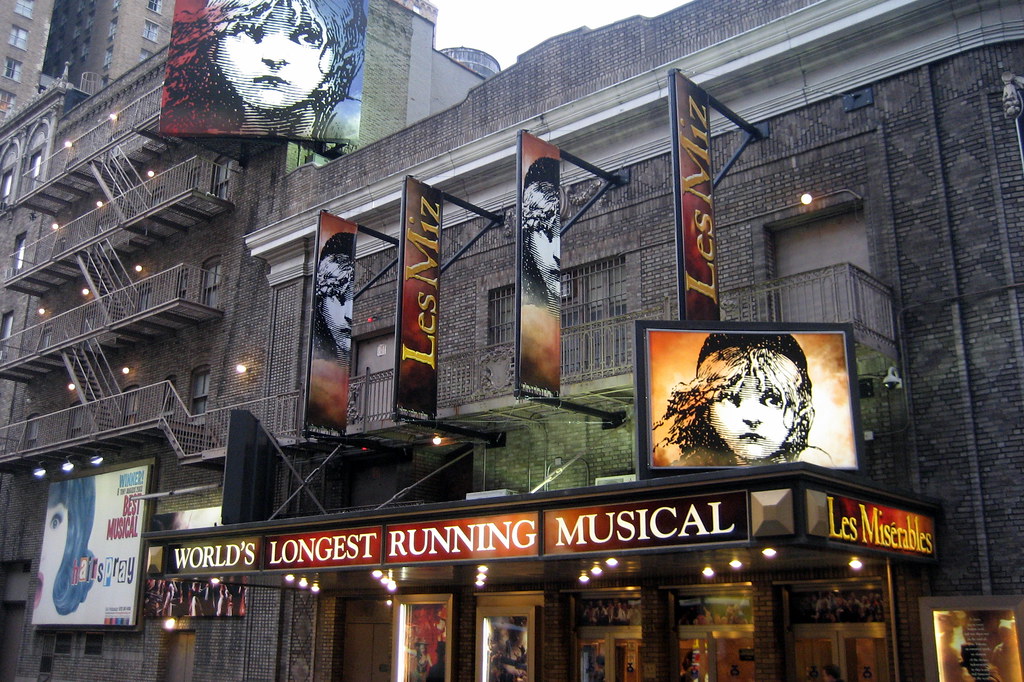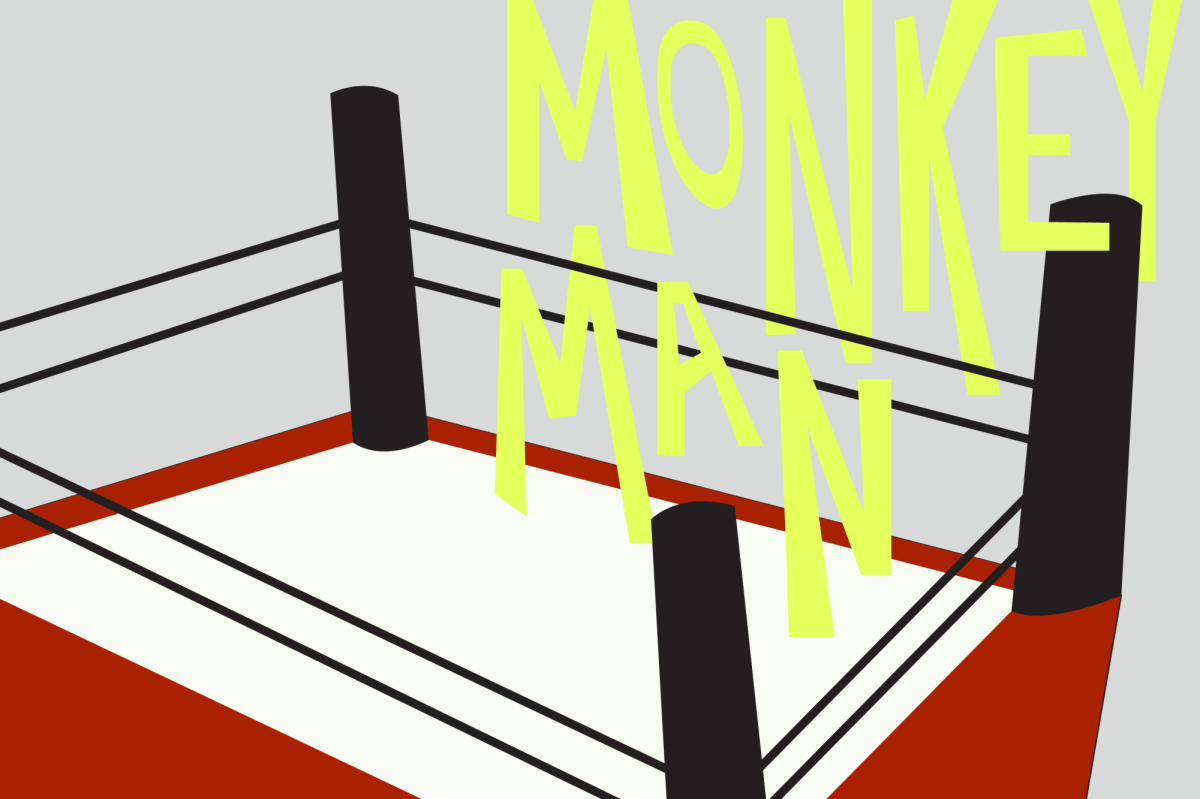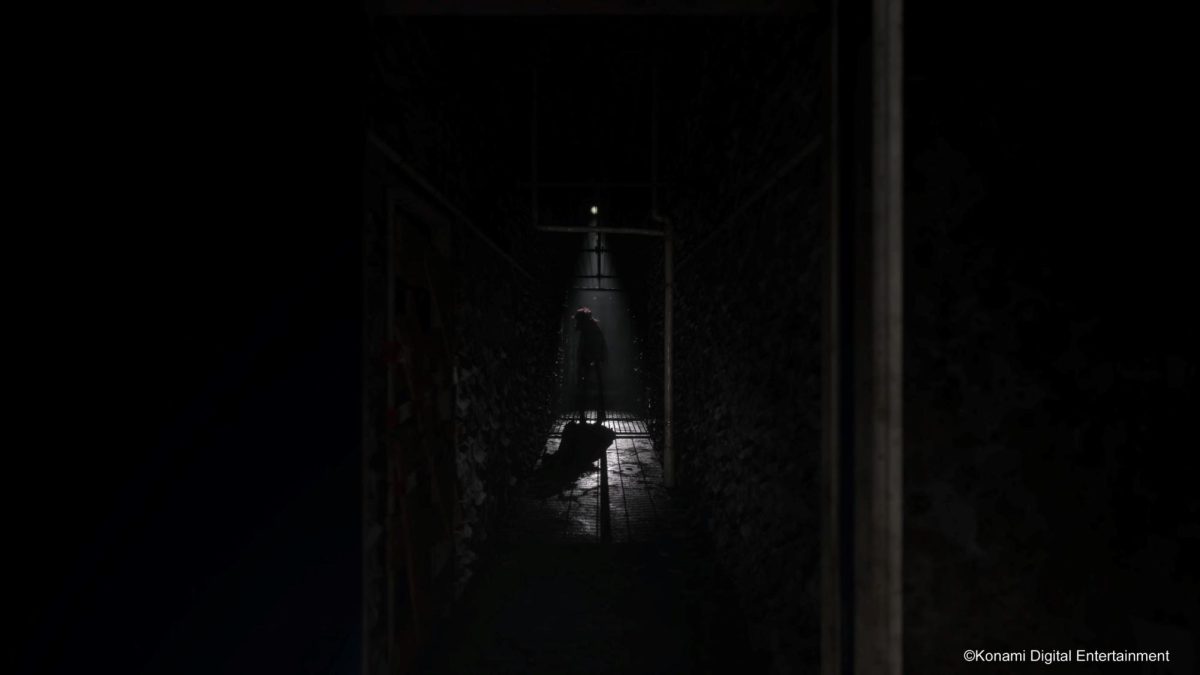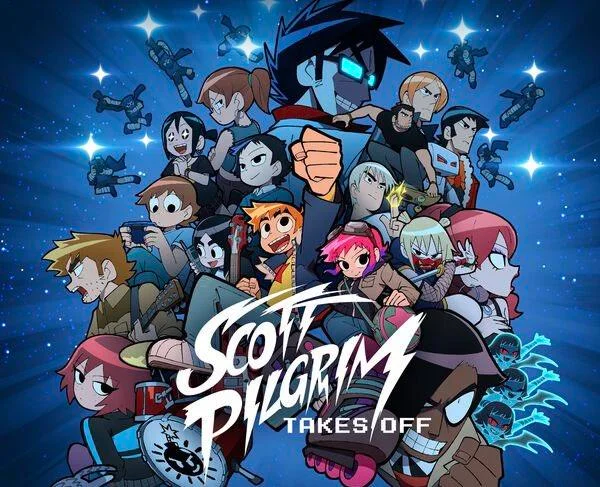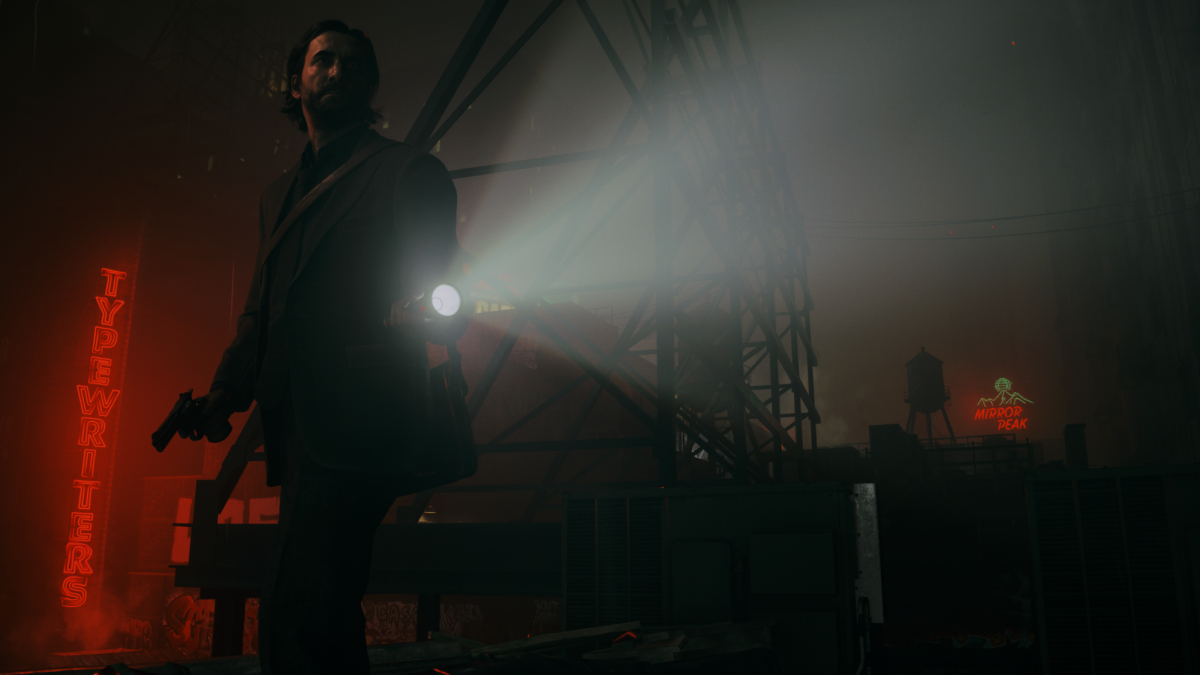Synopsis:
“There is no justice among men,” said Nicholas II returning from the front line to his palace near Petrograd, after abdicating as the emperor of Russia. The “Metro” series, both as books and video games, indeed capture the very essence of their postmodern Slavic roots originating from Georgy Gapon to the fall of the Soviet Union.
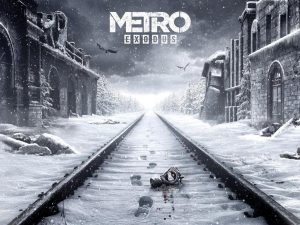
Overall impression:
Yixin: 9.8/10
“Metro Exodus” is easily one of the best games to be released in recent years. It combines a vast arsenal of customizable weaponry with a grounded shooting mechanic. It approaches its user interface with extreme minimalism which heavily fortifies players’ immersion. It includes a broad and diverse cast of characters, each with their own unique personalities and dialogue. Most importantly, it delivers a cohesive story true to both a post-apocalyptic experience and a Slavic tale.
Ray: 9/10
This is actually my first official “Metro” game. It is definitely high on my list for beautifully crafted FPS games. It is rare to find any effort put into story and/or character development these days in a market that is over-saturated with flash and bang. “Metro Exodus” still has great graphics — almost photo-realistic — but more to offer. The mechanics are much closer to what you’d expect in a post-apocalyptic world.
A Little History:
Yixin: What a fabulous game, I have to say. Truth be told, I have always been a huge fan of Metro series ever since their first game came out. And should I say, unsurprisingly, it is made by a game studio based in Ukraine. Its neighbor Poland made another one of my all-time favorite games, “The Witcher.” I definitely feel that there is a tendency of great games from Slavic countries, which is in itself extremely fascinating. What do you think, Ray?
Ray: Video games like the “Metro” series, the “Witcher” series and even the newest “Tomb Raider” are based on the telling or retelling of Slavic tales that are different from Western European ones. Games — and books — like these are unique, which is why they stand out. It’s more about the individual and their journey. As someone of Slavic descent, it makes me more interested in knowing my past.
Yixin: “Metro” is foremost a literature series written by Dmitry Glukhovsky who was born in Moscow and later studied at the Hebrew University in Jerusalem. This layer of culture intelligence embedded in his personal growth was naturally reflected in the novel and ultimately was transplanted into the game. This melting pot of postmodern Russian politics, international politics, history and Slavic folklore is the founding tone which makes the game so unique and refreshing. And we can not forget that the developer 4A Games is a studio based in Ukraine. Russia and Ukraine have had a complicated and troubled history. I believe it was a conscious choice of the developers to self-reflect on this subject. They wasted no effort in crafting an interactive experience which is akin to a traditional shooter but differing enough to have a self-identity. It feels so personal and intimate, which we rarely see in most contemporary first-person shooters.
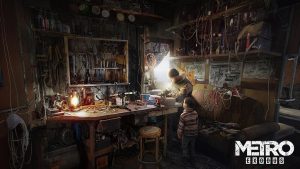
Story Development:
Ray: Let’s jump back to the fallout that happened during the development. What do you think about the coincidence with the developers making a game about dreary apocalyptic aftermath of Russia while having to physically move their developing location due to the precarious social revolution in real life?
Yixin: As we often say, the creation of art often originates from one’s own reality. This holds especially true when it comes to “Metro Exodus.” The world and the story of the franchise have this profoundly bleak and desperate tone, echoing the grim environment where the developers were making the game. More significantly, the sociopolitical struggle present in the game reverberates the harsh reality found in the streets of Kiev. The collision of ideologies, the hovering Molotov across the sky and the enraged mobs can all be found in the virtual world of the game.
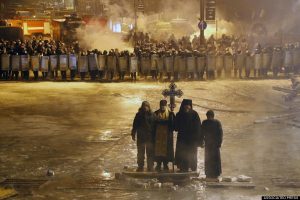
Play-Through:
Ray: I only touched on the previous titles a bit to lay out some sort of foundation for the story before playing “Exodus.” What I found interesting was the transferred feeling of claustrophobia and anxiety I got while traversing abandoned areas. My character’s breathing got heavy when I’d have to dawn my gas mask in dark, hazardous areas making the threat of an enemy encounter more intense.
Yixin: I certainly feel the same way in my play-through. One of my fondest moments from the previous two titles is the struggle between the Red Line and the Fourth Reich. As a student who often indulges in reading history, I just fell in love with this reinterpretation of one of the most profound chapters of human history. The great irony of this rivalry ingrained into the background and plot contributes no small part to the overall atmosphere of the game. I have yet to see the same factions in “Exodus,” but the legacy from the previous games clearly cascaded into the design of the new “Metro.”
Ray: However, as much as we have been praising it, “Metro Exodus” is not without its faults. Although the design is exquisitely rendered, enemy A.I. can be fickle, characters’ eye direction and phrases delayed, and the combat seems purposely off to push the overpowered stealth mechanics. The choice of using places like the Volga swamps help to keep the most open world contained in a “Metro” linear style. Crafting is a big part of the game, but at least the developers make it so you’re not always limited to designated crafting areas.
I’d say one of my favorite parts of “Metro Exodus” is the exchange between NPCs which differentiates depending on how you interact with them. Though limited, NPCs will talk amongst themselves before and after your interaction. If you choose to run-and-gun — which is not advisable as ammo is scarce — you miss out on NPCs creative conversations beyond their basic programmed sayings. For example, some villagers will notice whether you choose to holster your weapon. As you leave them, they may mention how they intimidated your character.

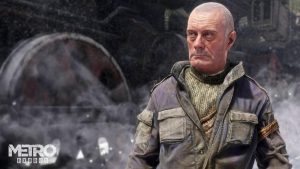
Yixin: As a Chinese student, I often feel “frustrated” when seeing people from Eastern Europe keep creating not only great games, but works that are pushing the limit of what video games can truly achieve. What I mean is not that Poland or Ukraine should not have had the resources to develop “The Witcher” or “Metro,” instead, it’s that China, where the biggest gaming market lies, has yet to make a game even close to these games. Apart from my indulgence, I wish 4A Games a good fortune to keep creating unforgettable journeys and pushing what video games really mean.
Ray: I have not been more excited for a FPS game in a long time. “Metro Exodus” was highly anticipated since I saw the teaser trailer a couple of years ago. I also wish 4A Games the best and hope that other AAA game developers would take a hint from 4A Games to push for better products rather than mediocrity.







